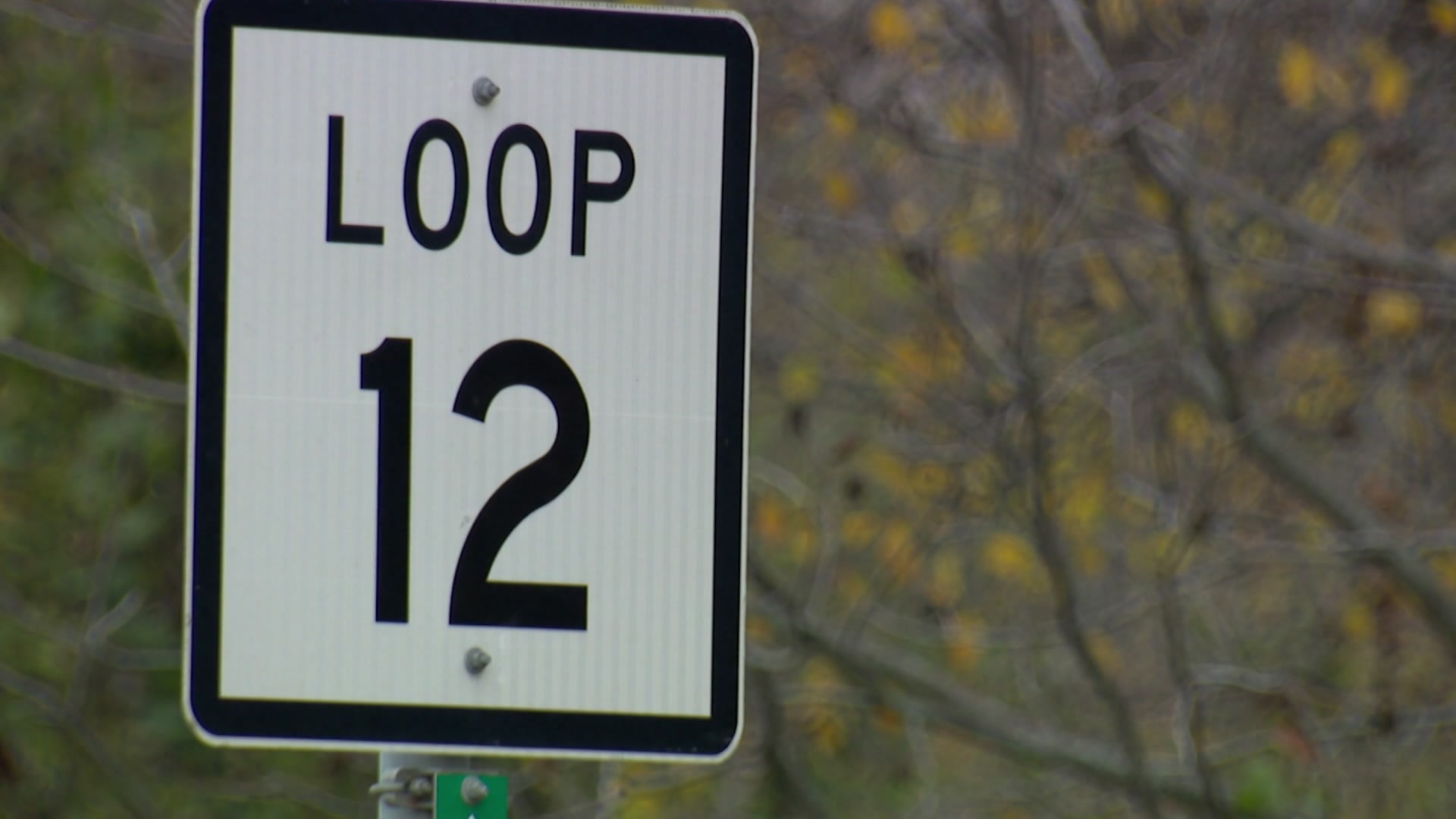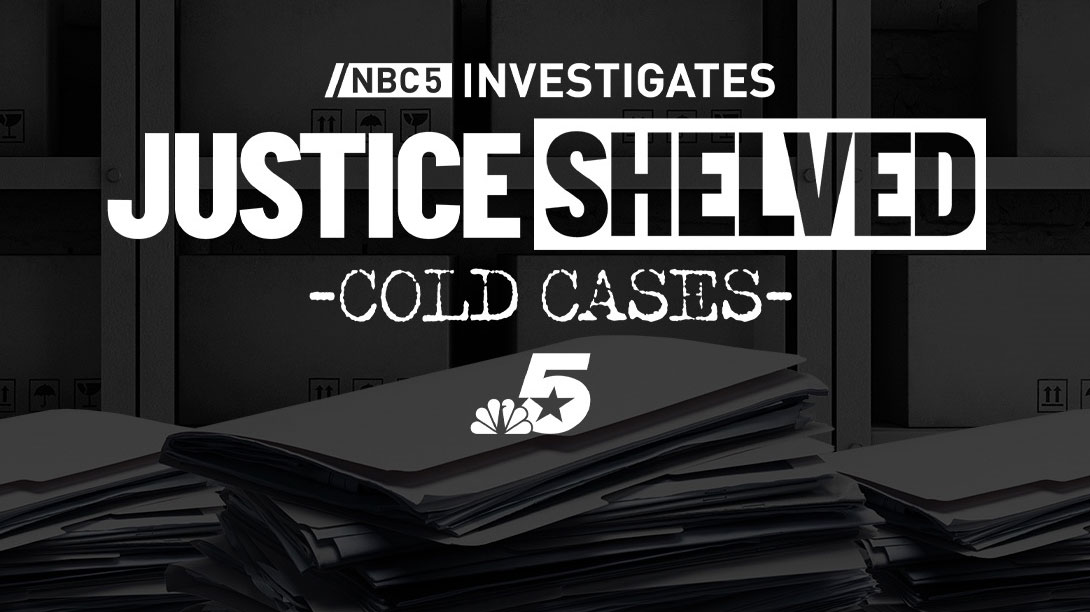NBC 5 Investigates has learned illegal paper tags may be robbing Texas taxpayers and toll road users of millions of dollars in revenue.
First, an investigation showed how unscrupulous car dealers were illegally selling hundreds of thousands of Texas paper license plates online, allowing people to drive cars that wouldn’t pass a state inspection, and even helping criminals hide from police.
Now NBC 5 Investigates has learned illegal paper tags may also be robbing Texas taxpayers and toll road users of millions of dollars in revenue.
The North Texas Tollway Authority said that since Jan. 1, 513,692 cars traveled the tollways with paper tags that had no valid contact address, racking up more than $14.7 million in unpaid tolls.
And in Houston, the Harris County Toll Road Authority reported 349,953 cars with paper tags that could not be matched to an owner have racked up an estimated $10.8 million in outstanding receivable revenue.
Get top local stories in DFW delivered to you every morning. >Sign up for NBC DFW's News Headlines newsletter.
The two tollway authorities said they were unable to say for certain how many of the tags with no valid address were bought fraudulently, but as NBC 5 Investigates has shown, paper tag fraud is now widespread across Texas.
Texas buyers tags should only be issued to people who actually buy a car from a dealer and should never be sold.
Last week, NBC 5 Investigates showed how undercover constables in Austin have bought real Texas paper tags from licensed car dealers willing to enter any name or address in the state's tag system. In one case a dealer they investigated even entered a football stadium into the system as a driver’s home address.
NBC 5 Investigates
Uncover. Reveal. Expose.
And tollways aren't the only place where fraudulent tags appear to be costing the community millions.
The North Central Texas Council of Governments (NCTCOG) estimated counties in Texas are losing roughly $80 million in revenue as people buy illegally sold paper tags instead of legitimately registering their cars.
The NCTCOG arrived at that $80 million figure by looking at one estimate of the number of paper tags sold illegally and then calculating how much counties would have collected in tax revenue if those cars had been legally registered.
Adding to the frustration for local counties, in the Dallas-Fort Worth area, hardly anyone is working to stop the illegal sale of tags.
“Unfortunately, the state has taken the money, and so we're trying to work on this without any funding,” Dallas County Judge Clay Jenkins (D) said.
In 2017, Gov. Greg Abbott (R) vetoed funding for a clean air program that helped pay for special law enforcement task forces that worked to tackle paper tag fraud, including a group of specially trained Dallas County sheriff’s deputies who even found criminal gangs selling paper tags.
Those police units were funded with fees collected from car registrations.
But millions in fees already collected were never sent to local counties. Instead, the state legislature kept the money to help balance the state budget.
Jason Brown with the NCTCOG said more than $150 million is sitting in a state account that could help put the law enforcement task forces back on the street.
“It's a huge problem, and it's one that can largely be fixed by turning loose of the dedicated money in Austin that our taxpayers have already paid for this purpose,” Jenkins said.
NCTCOG is currently working on a plan to use federal grant money to try to re-launch the Dallas-Fort Worth area task forces by next summer.
But to keep those task forces running here and across the state -- they say they will eventually need that state funding.
“We're not necessarily seeking all of it at once. I mean, just get us something that's reasonable to be able to get these enforcement programs back up,” said Chris Klaus, NCTCOG’s senior program manager for air quality planning and operations.
Abbott's staff turned down a request for an interview.
In an email, Abbott’s press secretary Renae Eze wrote in part, "Fraud of any kind damages the businesses of hardworking Texans and undermines our state’s economy, and Gov. Abbott has worked with the legislature to root it out.”
Eze pointed to a bill the legislature passed this year that will allow the Department of Motor Vehicles to limit the number of tags a dealer can issue to stop fraudulent dealers from issuing massive numbers of tags. The law will also allow the DMV to more quickly shut down dealers caught selling tags.
Eze said that the new law is, "…a good start, one that we look forward to building on with the legislature.”
But law enforcement officials said the new law is not enough to stop the fraudsters.
“This has got to stop. And the only person that can stop this right now is going to be the governor of the state of Texas intervening right now,” Travis County Constable Sgt. Jose Escribano said.
Travis County constables who work paper tag fraud said they are overwhelmed. When they catch fraudulent dealers they sometimes re-open quickly under new names.
“They're masters at masking. This is a mask,” Escribano said.
Escribano said the DMV needs to begin fingerprinting people applying for dealer's licenses -- and run background checks on all who can access the DMV’s tag system. Right now, dealers can add authorized users who can print tags with no vetting.
Fraudulent Texas paper tags now pose a nationwide threat. Police said criminals across the country are using them to commit crimes and evade surveillance cameras.
The FBI has stepped in to assist.
“I have talked to dozens of law enforcement officials around the country, and typically their first question to me is, you know what in the world is going on in Texas,” FBI Special Agent Brannon Coker said.
Coker investigated a crew of Texas dealers indicted for illegally selling hundreds of thousands of Texas tags across the country.
“That's why the FBI is involved in this because of how this has spread across the nation,” he said. “We want to do what we can to assist in taking down some of these criminal organizations.”



